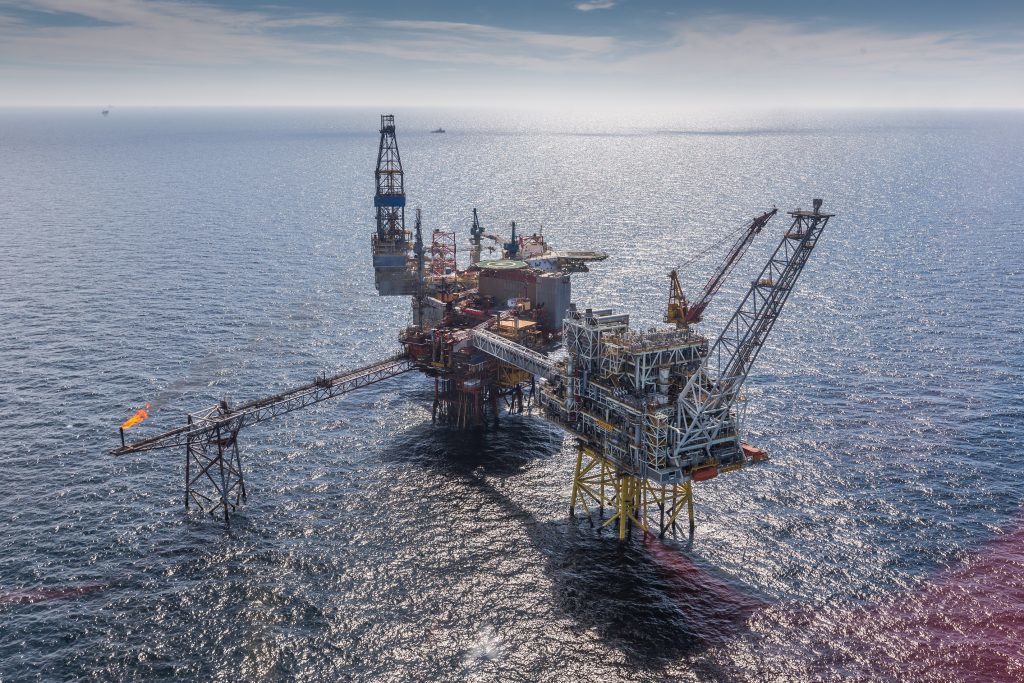
North Sea oil firm Repsol Sinopec Resources UK (RSRUK) has opted to stick with three week offshore rotas on its platforms after concluding a review.
Aberdeen-headquartered RSRUK added it was drawing up an improved pay package for the 1,000 core crew members affected by the decision.
That figure includes full-time staff members and contractors.
Union officials were disappointed and vowed to keep putting pressure on RSRUK to ditch the schedules.
Many North Sea operators and contractors switched to three weeks on, three weeks off (3:3) schedules during the downturn in a bid to lower costs.
The trend was condemned by unions, who warned that spending three weeks at a time offshore, instead of two, would have dire safety implications.
Unite regional officer John Boland recently said 3:3 was “hated” by workers.
Robert Gordon University published a report in April 2018 saying workers on three-week rotas were nearly twice as likely to experience ill health as those spending two weeks offshore.
Last year, a number of firms said they would review their offshore work patterns, including RSRUK, which has interests in 52 fields on the UK Continental Shelf, with 11 offshore installations and two onshore terminals.
The company is a joint venture between Spanish firm Repsol and Sinopec, of China.
In October, RSRUK managing director Bill Dunnett said 3:3 schedules promoted continuity and retention of knowledge.
But Mr Dunnett acknowledged that people’s lives away from work also had to be taken into account, and said employees had come up with “good suggestions” relating to “intrusion into time onshore”.
Commenting on the decision to retain the rotas, an RSRUK spokesman said yesterday: “We are in the process of formulating a materially enhanced remuneration package for core crew who continue to work on a 3:3 rota.
“As far as possible, this will be delivered on an equitable basis between staff and core contractors.
“We will provide a further update as soon as we have engaged fully with our workforce.”
Unite’s Mr Boland said: “This is not what the workforce wants and we will continue to put pressure on Repsol Sinopec to acknowledge all the evidence of the harm three week working does, and to change to a better rota like most responsible operators have done.”
In September, oil giant Shell announced plans to ditch 3:3 rotas in the North Sea in 2019.
A leaked report by a safety representative on Shell’s Shearwater platform said the rotas had left workers’ partners “struggling with home life”, with some even being diagnosed with depression.
Houston-headquartered Apache pledged to switch back to a 2:3 system during the first three months of this year.
Last month, EnQuest said it would conduct its own consultation with crew and contractor Petrofac on a possible move away from 3:3.
Meanwhile, Total employees accepted a 15% pay rise in exchange for moving to 3:3, bringing them into line with crew on former Maersk Oil installations.
Recommended for you

